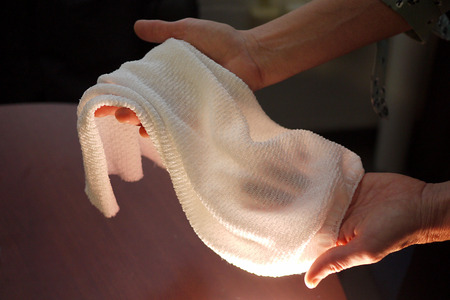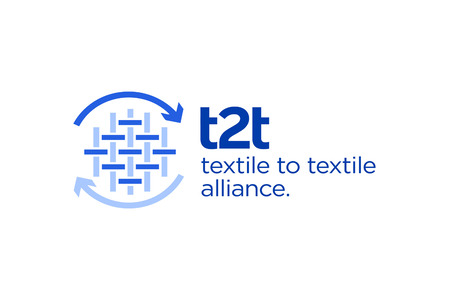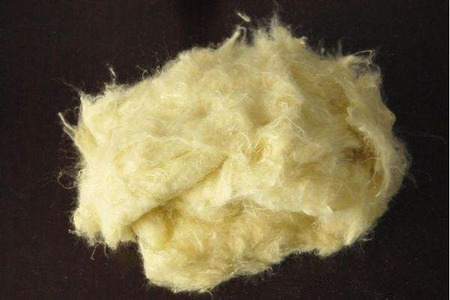
Traders urging to study the influence of GST on the textile sector
YarnsandFibers News Bureau 2018-05-30 11:28:00 – SuratThe FOSTTA office-bearers have stated that the production of man-made fabric has decreased from four crore meters per day to less than two crore meters, the sale of polyester fabric including sarees and dress material has decreased by almost 40% and that the export of finished fabrics has reduced by almost 28% in the last 10 months post-GST implementation, in a letter to Modi.
The FOSTTA stated that more than 60,000 embroidery machines have been shut and that over 90,000 powerloom machines have been sold in scrap in the last 10 months. Thousands of women employed doing hand embroidery work have been rendered jobless due to the closure of the embroidery machines. The Federation of Surat Textile Trader’s Association (FOSTTA) has persuaded the Prime Minister Narendra Modi to form a special task force to study the influence of GST on the textile sector.
“Many weavers and embroidery owners were investing in modern machines pre-GST, but the rate of investment has almost come down to 70% in the last 10 months due to the implementation of GST. Post-GST, the fabrics imported from other countries including China has become cheap and that the Indian fabrics have become costlier. The benefits of duty drawback scheme to the exporters has been stopped completely,†as commented by FOSTTA secretary Champalal Bothra. He added that, “We have urged the PM to re-consider the government’s decision on including textile sector in the GST. We want the government to remove the traders and weavers from the ambit of the GST, while the GST should be charged at the yarn stage only.â€
Market Intelligence
Ask for free sample Report

experience
Customer Base
dedicated team
Countries Served Worldwide









